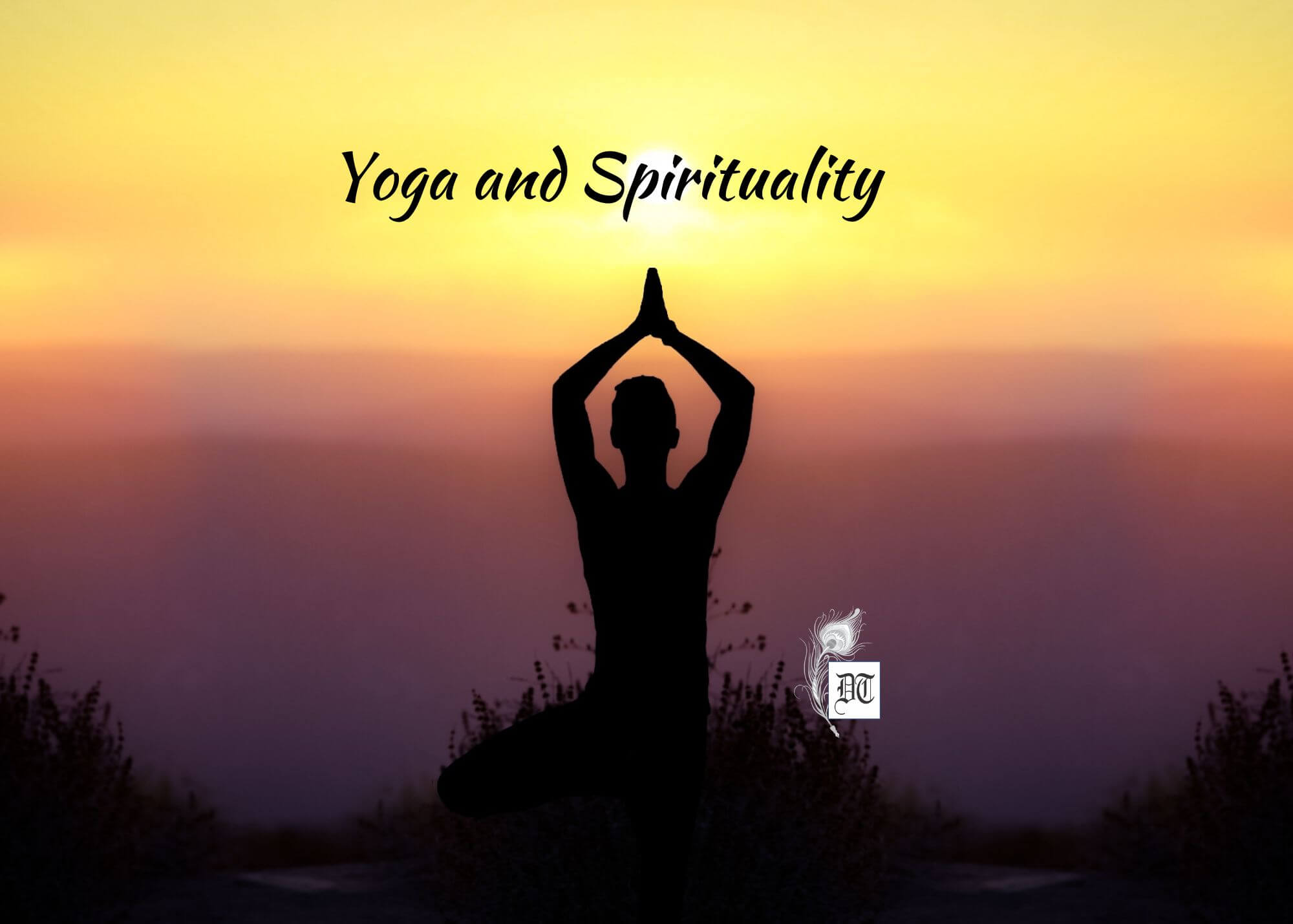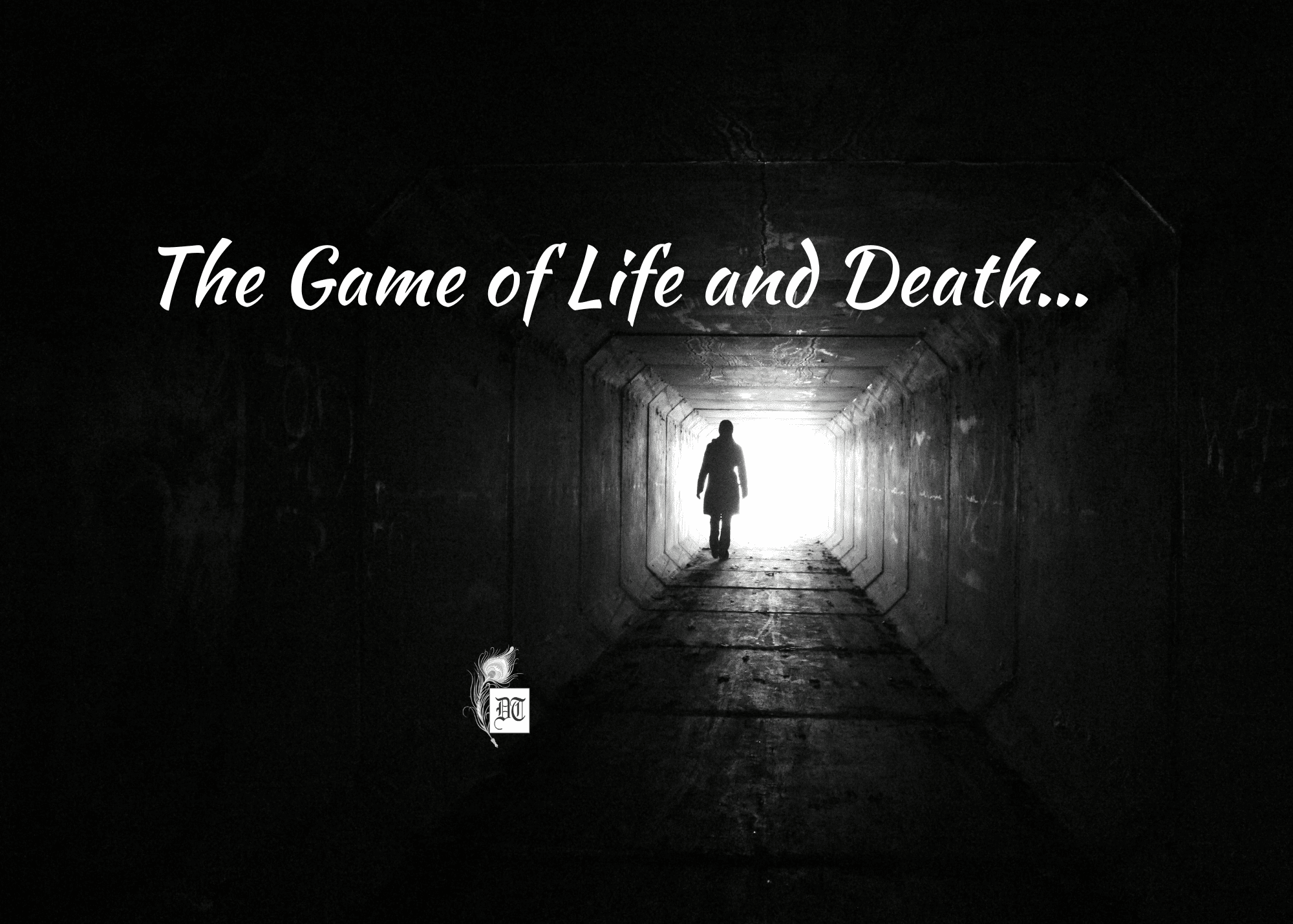The Self, or the Supreme Soul, is the essential nature of man, the common consciousness in all beings. Full awareness of the Self can be attained through yoga. One should stay away from ignorance. It is due to ignorance that we perceive diversity rather than unity. The apparent difference between the individual, the world, and the Self is only an illusion. Our Yoga expert, Navodita, continues with the deeper meanings of the Shivananda Yoga, in the weekly column, exclusively in Different Truths.
Swami Shivananda says, “All life is one….the world is one home. All are members of one human family. No man is independent of that whole. Man makes himself miserable by separating himself from others. Destroy all barriers that separate man from man…let all life be sacred.”
Shivananda’s philosophy revolves around certain key terms, which one needs to understand to go deep into their beliefs and teachings – the Self. The Self, or the Supreme Soul, is the essential nature of man, the common consciousness in all beings. Full awareness of the Self, which can be attained through yoga, is bliss itself. Similarly, one should stay away from ignorance. It is due to ignorance that we perceive diversity rather than unity. The apparent difference between the individual, the world, and the Self is only an illusion. This illusion works at great speed by the fluctuations and imaginations of the mind. However, real time and space may appear they are nothing but mental creations, as unreal as dreams. The timeless, spaceless Self is the only reality. By breaking down the barriers of separate existence, the unity of the Self can be experienced. It is not the attainment of liberation from an actual state of bondage, but it is the realization of the liberation that already exists. It is freedom from a false notion of bondage.
 Swami Shivananda says that the cause of ignorance mentioned above is a desire. Desire creates thoughts that veil the true nature of the Soul, which is blissful and eternal. When desires are reduced and finally transcended through self-discipline, intuitive knowledge of the Self, dawns in, on the individual. Knowledge of the Self is the intuitive, non-dual exercise, while reason and intellect are realms of dualistic knowledge of objects through the mind and is more a knowledge of appearances. Intuition dawns like a flash. Intuitive knowledge is imperishable knowledge of the Truth. Without developing intuition, the intellectual man remains imperfect. Meditation leads to intuition. The world is neither good nor bad; to a good person the world is full of good, but to the bad, the world is full of evil. The evil is not in the world, but it’s in the mind. By seeing the Self everywhere, good can be seen everywhere. This philosophy strongly believes in the power of religion. The main purpose of religion, he believes, is the unfolding of the Divinity within man. Religion is living, not speaking or showing. Real religion is the religion of the heart.
Swami Shivananda says that the cause of ignorance mentioned above is a desire. Desire creates thoughts that veil the true nature of the Soul, which is blissful and eternal. When desires are reduced and finally transcended through self-discipline, intuitive knowledge of the Self, dawns in, on the individual. Knowledge of the Self is the intuitive, non-dual exercise, while reason and intellect are realms of dualistic knowledge of objects through the mind and is more a knowledge of appearances. Intuition dawns like a flash. Intuitive knowledge is imperishable knowledge of the Truth. Without developing intuition, the intellectual man remains imperfect. Meditation leads to intuition. The world is neither good nor bad; to a good person the world is full of good, but to the bad, the world is full of evil. The evil is not in the world, but it’s in the mind. By seeing the Self everywhere, good can be seen everywhere. This philosophy strongly believes in the power of religion. The main purpose of religion, he believes, is the unfolding of the Divinity within man. Religion is living, not speaking or showing. Real religion is the religion of the heart.
Shivananda Yoga also believes in the concept and philosophy of the ‘Vedanta’. Vedanta literally means ‘the end of the Vedas’. The Vedas are mankind’s oldest scriptures, containing the wisdom of all ages. The last part of the Vedas is made up of Upanishads, which have strongly influenced some Westerners like Arthur Schopenhauer. Vedanta is one of the six main systems of Indian philosophy. Its beliefs are non-dualistic. It declares that liberation cannot be reached by means of rituals, actions or charity. The goal of Vedanta is knowledge of Brahman (Absolute Existence), which is beyond the illusion (Maya) of the world and of one’s own mind. This ultimate reality lies beyond the realms of the limited intellect and the manifest world. Anahata Chakra ( says that we and the Supreme Self are one. It reminds us of our true nature. A common Self or Consciousness dwells in each one of us. Thus, Vedanta tells us to overcome the feeling of individuality, the belief in ‘me’ and ‘mine’. Instead, we should identify with the eternal essence, to see the Self within us and in all beings. Vedanta teaches the unity of life and the unity of Consciousness.
end of the Vedas’. The Vedas are mankind’s oldest scriptures, containing the wisdom of all ages. The last part of the Vedas is made up of Upanishads, which have strongly influenced some Westerners like Arthur Schopenhauer. Vedanta is one of the six main systems of Indian philosophy. Its beliefs are non-dualistic. It declares that liberation cannot be reached by means of rituals, actions or charity. The goal of Vedanta is knowledge of Brahman (Absolute Existence), which is beyond the illusion (Maya) of the world and of one’s own mind. This ultimate reality lies beyond the realms of the limited intellect and the manifest world. Anahata Chakra ( says that we and the Supreme Self are one. It reminds us of our true nature. A common Self or Consciousness dwells in each one of us. Thus, Vedanta tells us to overcome the feeling of individuality, the belief in ‘me’ and ‘mine’. Instead, we should identify with the eternal essence, to see the Self within us and in all beings. Vedanta teaches the unity of life and the unity of Consciousness.
This school of Yoga believes in the cycle of Karma and the Law of Life – the law of Karma means the law of causation. This grand law includes the law of action and reaction, the law of compensation and the law of retribution. This is what Swami Shivananda believed. Karma means action and it refers to any physical or mental action, as well as to the consequences of these actions. It is equivalent to the scientific law of cause and effect, or action and reaction. The world runs according to this vital, fundamental law. The law of karma says that there is a specific cause behind everything that happens. Desire creates karma. You work hard to gain what you desire. The fruit of karma is pleasure or pain. A man is reborn again and again to recollect the fruits of his karma.
They have also recommended some specific types of meditative techniques – Trataka, concentration on a flower, concentration on a sound and a twelve-step meditation. In twelve-step meditation, you have to look for an appropriate place and time of the day to do it every day. Regulate your breathing- start with five minutes’ deep breathing, then slow it down. Establish a rhythmic breathing pattern. At first, let your mind wander. Now, bring the mind to rest on the focal point of your choice – Ajna Chakra (between your eyebrows) or Anahata Chakra (in the middle of your chest). Hold your object of concentration at this focal point through the session. Meditation comes when you reach a state of pure thought, but still, retain your awareness of duality. After long practice, duality disappears and Samadhi, the superconscious state is attained.
Next time, we will go deep into the philosophies of a few other schools of Yoga.
©Navodita Pande
Photos from the Internet.
#Yoga #HolisticHealth #ShivanandaYoga #SwamiShivananda #Trataka #AjnaChakra #AnahataChakra #Vedanta #CycleOfKarma #Bramhman #Maya #Desire #VeilOfTheSoul #DifferentTruths








 By
By
